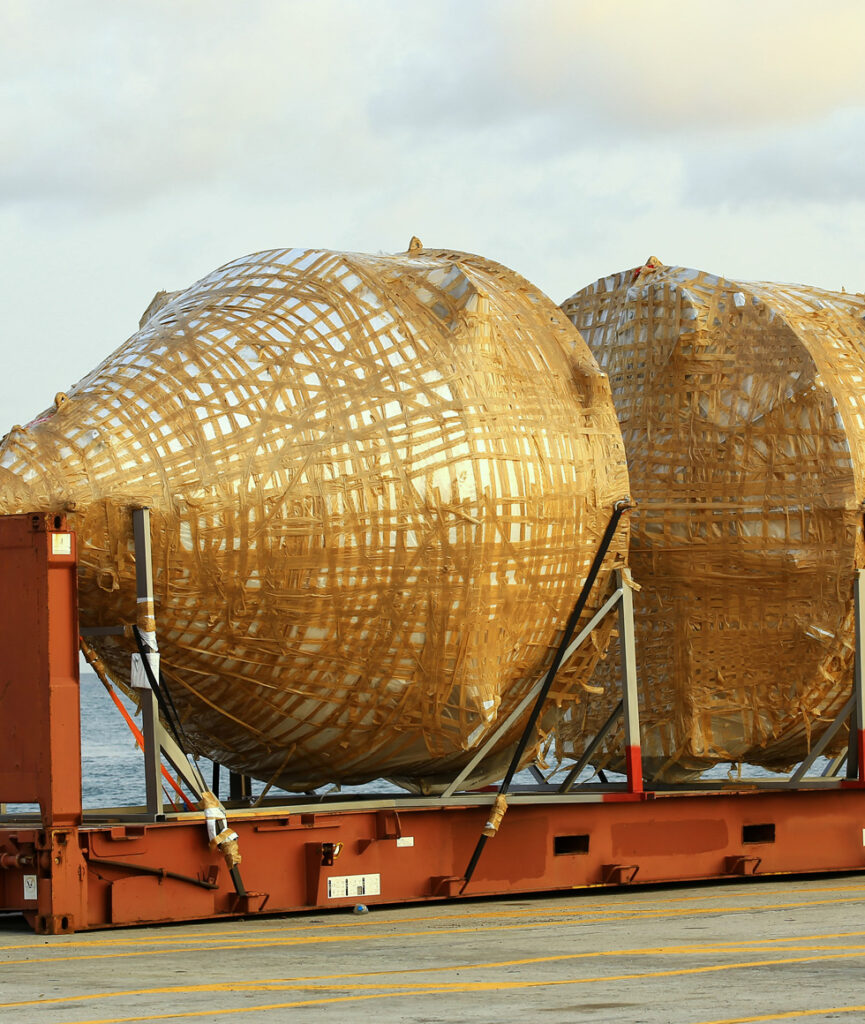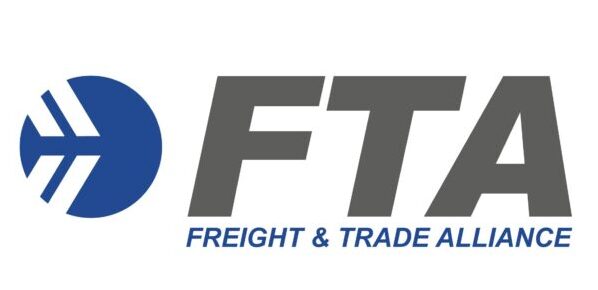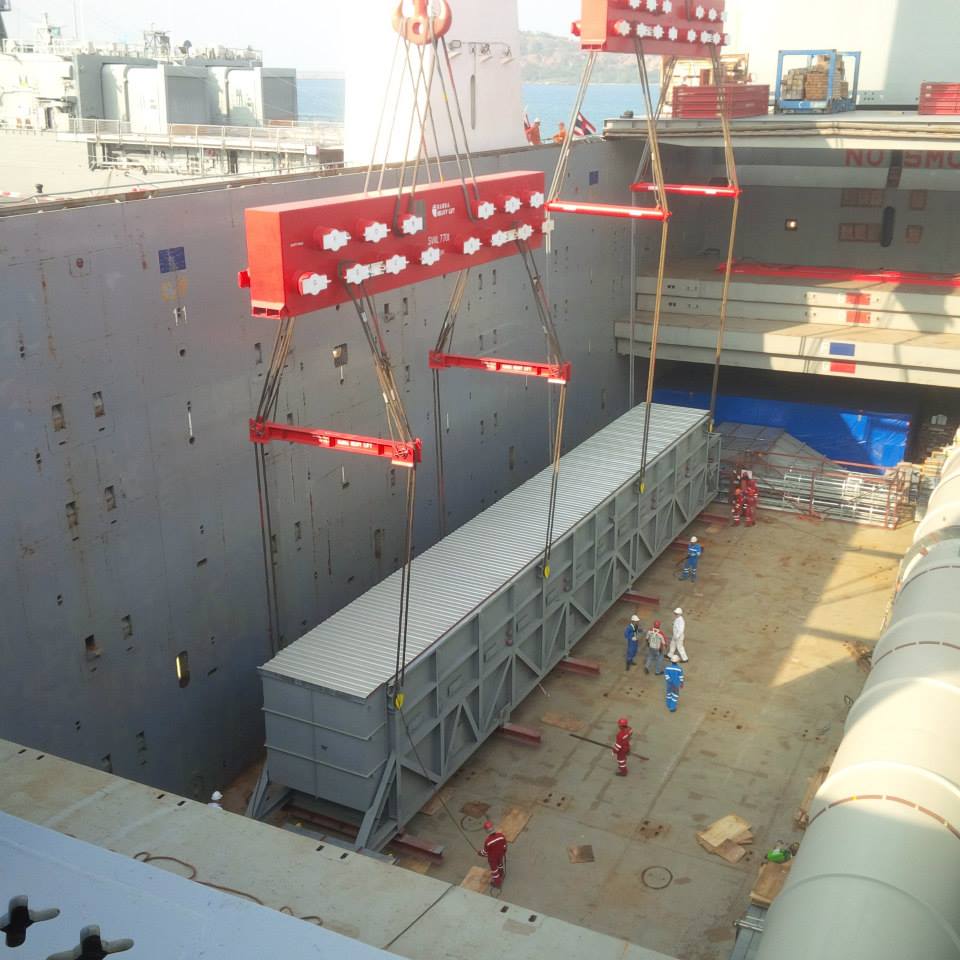What is Project Cargo?
Sometimes, cargo is too big or bulky to fit into a standard shipping container. This type of cargo is known as project cargo. It is loaded individually onto a vessel rather than transferred onto a ship in a container. Project freight forwarding deals with heavyweight stuff, such as bulky, heavy, awkward objects, or pieces of machinery that won’t cooperate with usual shipping methods.
Some examples of project cargo could be:
- Agricultural equipment, including tractors, bulldozers, and excavators.
- Large vehicles, campervans, motor homes, and buses.
- Aircraft such as small planes and helicopters.
- Watercraft, including yachts and sailing boats.
- Specialised factory equipment.
Because every project cargo job is different, we have a range of logistics solutions to suit every customer. Our team are experts in selecting cost effective solutions for your business, but we also ensure a seamless logistics experience and timely delivery. We ca even support with customs brokerage support to ensure hassle-free customs clearance.

How Jacanna Tackles Project Freight
Roll-on Roll-off
When transporting project cargo, the Roll-on Roll-off (RoRo) method is often the most budget-friendly option. This approach involves the cargo being driven or rolled directly onto the shipping vessel via a ramp, where it is then securely fastened for transport. Once the vessel arrives at its destination port, the cargo is rolled off and can be driven to its destination or loaded onto a Heavy Goods Vehicle for further transportation.
Large project cargo that’s not self-driven or able to roll is loaded onto a MAFI trailer. These specialised trailers have high-carrying capacity and are easy to load and operate. They simplify the logistics of handling heavy cargo, making it possible to transport large and heavy items that would otherwise be difficult or impossible to move.
RoRo is suited to any:
- Motorised vehicles, including lorries, motorbikes, tractors, and cranes.
- Trailerable cargo such as boats, caravans, motorhomes, and heavy plant equipment that runs on tracks.
- Large, tall, and heavy static cargo that can be placed on MAFI or roll trailers.
Flat Racks
Jacanna can use flat racks to ship project cargo too tall to fit into a standard container. With no sides or lids, flat racks provide flexibility in loading and unloading cargo that other containers cannot accommodate.
Flat racks are comparably less secure than standard containers so it is important to mitigate the risk associated with this type of transport. To ensure peace of mind for your cargo, our agents take special care to ensure the safe and secure transportation of your freight. This extra care is critical in avoiding damages.
Flat rack transportation is suited to:
- Larger boats
- Small aircraft
- Out-of-gauge cargo
- Heavy machinery
Breakbulk
Through breakbulk shipping, cargo too large or oddly shaped to fit into a standard container is loaded directly onto the vessel by port cranes and securely harnessed to prevent shifting during transportation. Depending on the complexities of the project, this type of cargo will sometimes be broken down into smaller individual pieces for more convenient transportation, hence the name breakbulk.
This method is often used for:
- Created oversized cargo
- High and Heavy machinery
- Non-running vehicles
- Mining equipment
- Wind turbines
- Oil and gas equipment
Our Project Cargo Logistics Processes
Transporting project cargo can be quite the headache; luckily, your logistical headaches are our specialty.
We follow a set of established operating procedures for every project we undertake. To ensure the success of each new assignment, we conduct thorough research at every stage to ensure end-to-end supply chain management.
This comprehensive approach ensures every possible project cargo logistics hiccup has been considered and planned for. From our research, we work with you to form a detailed plan and schedule of costs so you’re in the know throughout the entire process. Drop the team a line today to discuss the finer details of our project freight forwarding service.
If you’re not sure if this service is right for your needs, we can walk you through our sea freight, vehicle shipping, and air freight options.

Our Global Network Keeping Us Connected
Working with shipping agents all across the world, our global network keeps us connected to seaports and airports everywhere, ensuring a truly international freight forwarding service. If you’re looking for cargo or container forwarding services for international destinations, we’re your partner.




Haven’t found what you’re looking for?
Frequently asked questions
The first step of project cargo shipping is touching base with the Jacanna team. After that, our project managers will schedule a consultation session with you to better understand the extent of your project. During this session, we’ll ask you to give us details about your cargo, such as its size, weight, and any specific requirements at the origin or destination. If needed, we may also ask you to provide us with pictures or diagrams of your cargo.
Transporting project cargo is tricky, requiring far more moving parts to complete the delivery. We can’t accurately assess the entire cost until we fully understand what you are looking to transport.
That’s why our process begins with an in-depth consultation where we can get an idea of what it will take to deliver your freight. From there, we will provide a full quote on the expected costs. We do offer a wide range of project cargo solutions and will work hard to find the most cost effective option for your needs (including advice on cargo insurance).
Project cargo refers to the transportation of large, heavy, or intricate pieces of equipment that cannot fit in a standard-sized shipping container and require a special approach to transportation.
